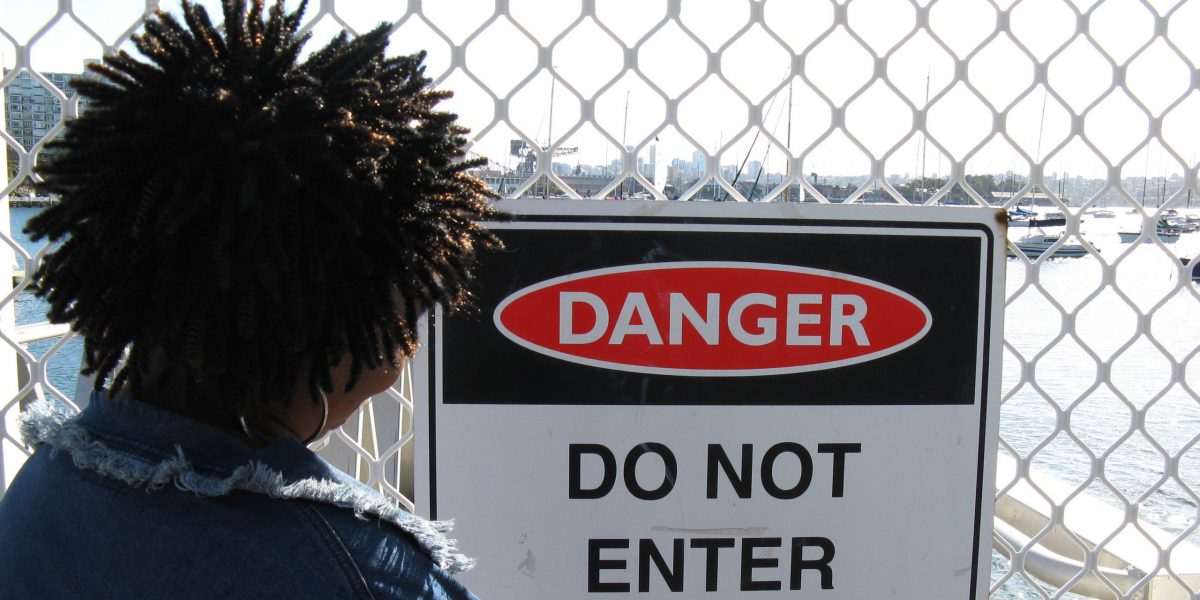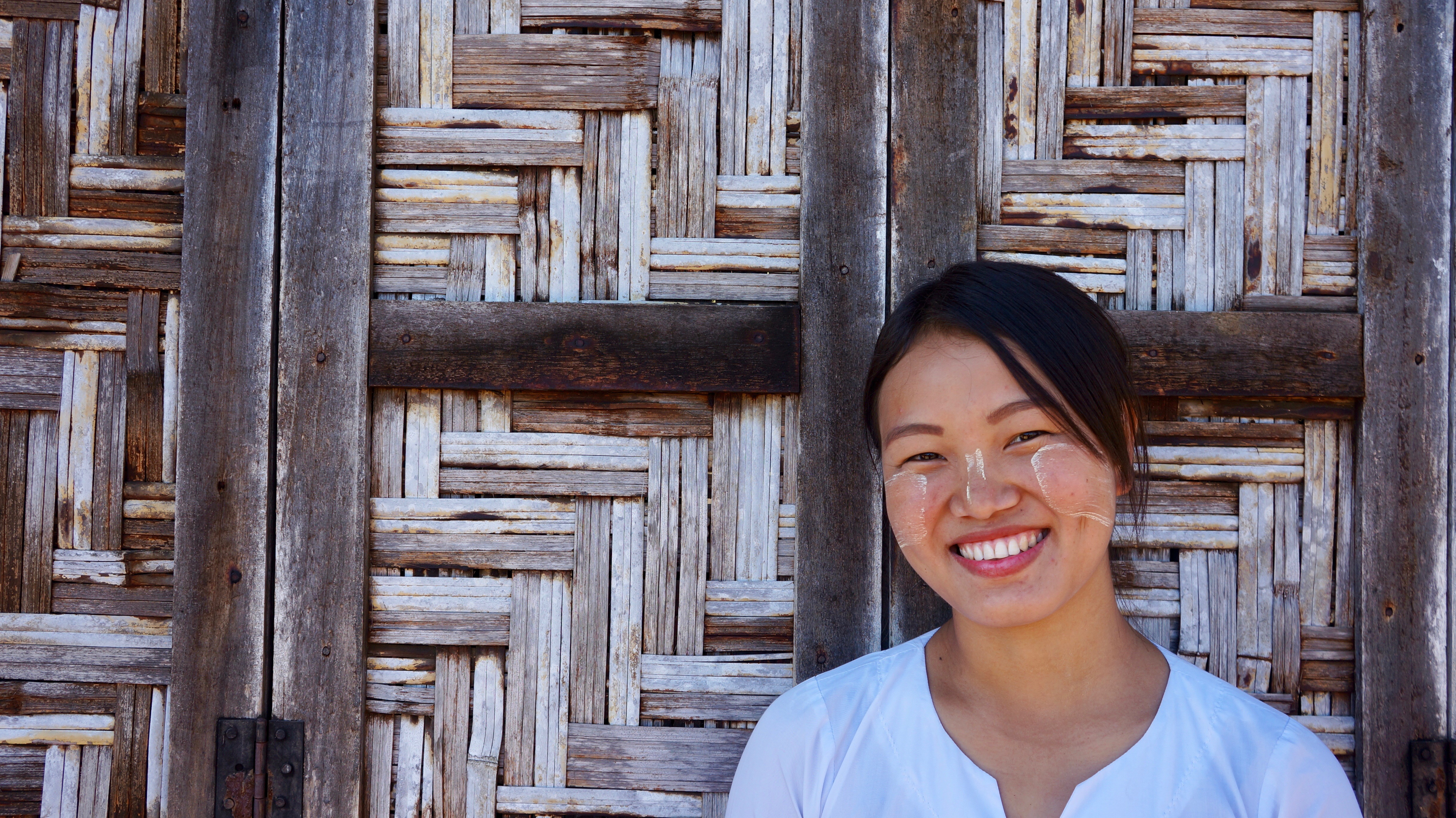Australia: JRS calls on Australian Government to reinstate work rights and provide vulnerable families with adequate support
08 May 2013|Oliver White

10 May 2013
JRS calls on Australian Government to reinstate work rights and provide vulnerable families with adequate support
For immediate release
The [Australian] government’s decision to release families on bridging visas is a positive step, but the omission of work rights from the policy will put asylum seekers at high risk of poverty, says JRS Australia.
“Denying families the right to work is in contravention to their human rights and places them in the insidious position of being a burden to the community,” said Fr Aloysious Mowe, the director of JRS Australia.
JRS hopes that the “adequate support,” promised by the government will be truly adequate and that at-risk families with children will not have their rights compromised. In the past, asylum seekers deemed in need of support have been given 89 percent of the minimum Centrelink, or social welfare, entitlement, pegged at approximately $200 per week.
While in the past this funding may have been temporarily sufficient, the reality of today is that the affected asylum seekers will be living in the community for extended periods of time due to the large numbers waiting to be processed, of which there were more than 14,400 applications in 2011-2012, according to the Refugee Council of Australia.
Even when their applications have been processed, asylum seekers continue to live in the community without legal work rights because the government has pledged not to grant them permanent visas- in accordance with its ‘no advantage’ policy.
The 89 percent of minimum Centrelink entitlements is not a rational or humane way of calculating what is adequate for asylum seekers, and the government must thoroughly reassess the needs of the asylum seekers that it places in the community.
Meanwhile, the transfer of children to Curtin Immigration Detention Centre in Melbourne and Wickham Point near Darwin contravenes the government’s own stated principle of keeping children out of detention.
“This government gets around its repeated pledge not to place children in detention centres by reclassifying sections of detention centres as APODs, or Alternative Places of Detention.”
“It does not matter what the government chooses to call these sections of the detention centres: the children are still being held in remote detention centres. Turning off the motion-sensor and electric fences does not magically transform a detention centre into a child-and-family-friendly ‘Alternative Place of Detention.’”
The Department of Immigration’s own submission to a Parliamentary inquiry in 2011 admitted that “detention has an impact on children and families” and that it can be associated with “post-traumatic stress disorder, high levels of depression and poor mental health.”
JRS recognises the need for health, security and identity checks for asylum seeker families and children but calls on the government to do this quickly and efficiently, minimising the time that families spend in arbitrary detention.
“The average time for this to take place is supposed to be three months according to current guidelines; the reality is that the average time recently has been almost five months. Given this fact, we have little confidence in the minister’s statement that families with children will be kept in secure detention facilities for ‘the shortest possible time.’”
JRS is calling on the government to set a benchmark of a few weeks at most, and to put resources into ensuring that it keeps its pledge.
For further information, contact:
Oliver White, Head of Policy and Advocacy, JRS Australia
Tel. +61 2 9356 3888



